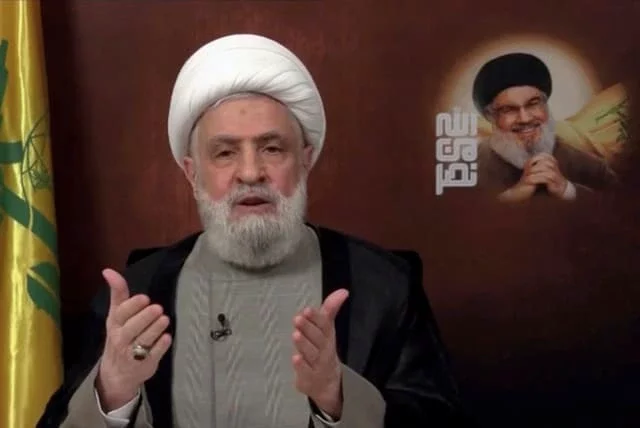
According to Aljazeera, Israel's recent escalation of attacks on Syria highlights the growing tensions in the region following the collapse of Bashar al-Assad's regime. Israeli officials state that the strikes aim to weaken Iranian-backed militias, including Hezbollah, which they view as a direct threat.
These attacks underscore Israel's broader strategy of countering Iranian influence in Syria, a concern that has shaped its policies throughout the Syrian civil war.
Over the past 48 hours, the Israeli military has conducted more than 480 airstrikes across Syria, targeting key military installations and facilities. The attacks have focused on northern cities, the coastal regions of Tartous and Latakia, and areas in and around the capital, Damascus.
In addition, Israeli tanks advanced into the occupied Golan Heights, with the stated aim of creating a "buffer zone" along the Israeli-annexed area. This move has drawn sharp criticism from several nations and the United Nations, who view it as a violation of international law and a destabilizing act.
The timing of Israel's offensive coincides with Syria's fragile transition under its new leadership, led by Hayat Tahrir al-Sham (HTS). The group, once affiliated with al-Qaeda, now controls much of the country after the overthrow of al-Assad.
HTS leader Ahmed al-Sharaa, also known as Abu Mohammed al-Julani, has pledged justice for victims of the Assad regime and vowed to rebuild the devastated nation. However, the Israeli strikes have added another layer of complexity to the new government's challenges.
"The strikes pose a huge challenge for the new rulers, reported Al Jazeera's Resul Serdar from Damascus. "Israel is hitting northern cities, coastal regions, and key areas near the capital, while the new government is trying to stabilize the country and preserve the state apparatus.
The offensive has also exacerbated the humanitarian crisis in Syria, where millions remain displaced, cities lie in ruins, and the economy has been gutted by years of war and sanctions.
While the new Syrian government seeks international support to rebuild, the conflict with Israel risks alienating potential allies and prolonging the suffering of ordinary Syrians.
Israel insists that its actions are defensive, aimed at preventing hostile groups from gaining a foothold along its borders. Meanwhile, Syrian refugees at the Turkish border have expressed mixed emotions about returning to their homeland amid the instability.
"We have no one here. We are going back to Latakia, where we have family, said Mustafa, a father of three waiting to cross back into Syria.
The situation also holds broader geopolitical implications. The downfall of al-Assad was a significant blow to Iran's "Axis of Resistance," which includes Hezbollah and other allied groups. In response to the strikes, Iran's Supreme Leader Ayatollah Ali Khamenei issued a defiant statement,
"The more pressure you exert, the stronger the resistance becomes. The more crimes you commit, the more determined it becomes.
As Syria's new rulers attempt to rebuild and secure the country, the unfolding conflict with Israel represents a formidable obstacle.
With international eyes fixed on the region, the challenge for Syria's leadership lies in balancing demands for justice, rebuilding efforts, and managing regional threats without plunging the nation back into chaos.

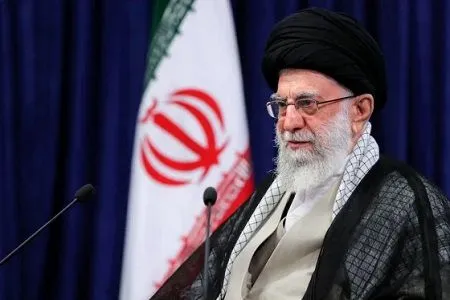


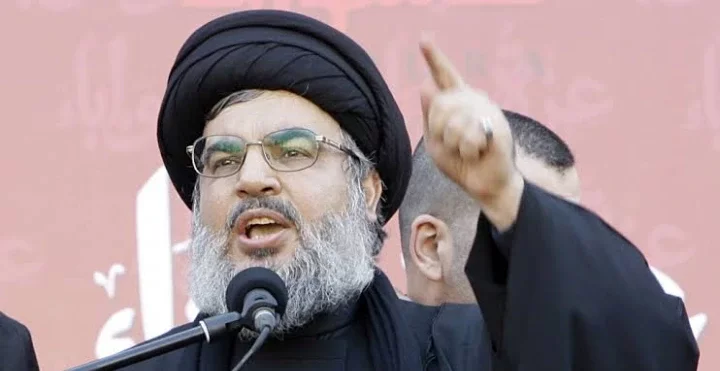
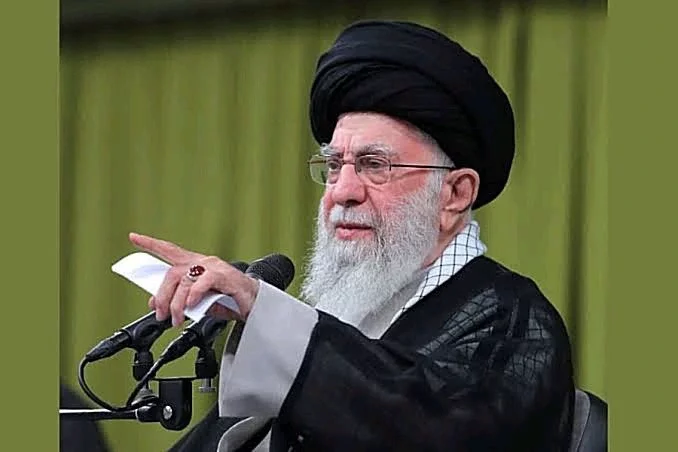
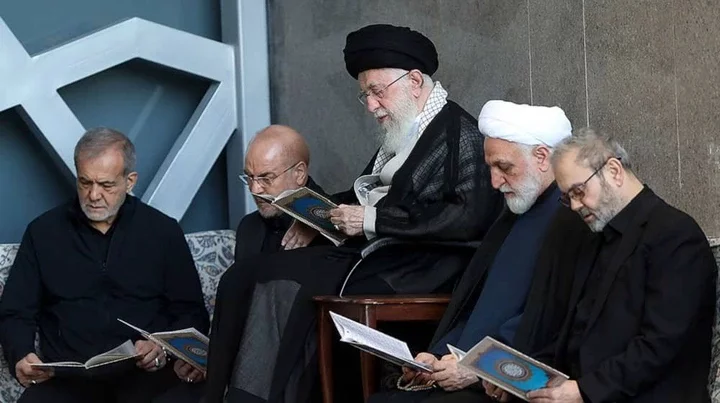




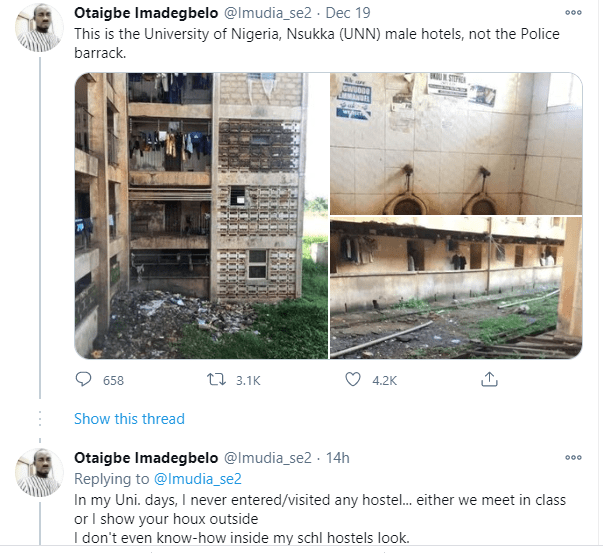





Comments